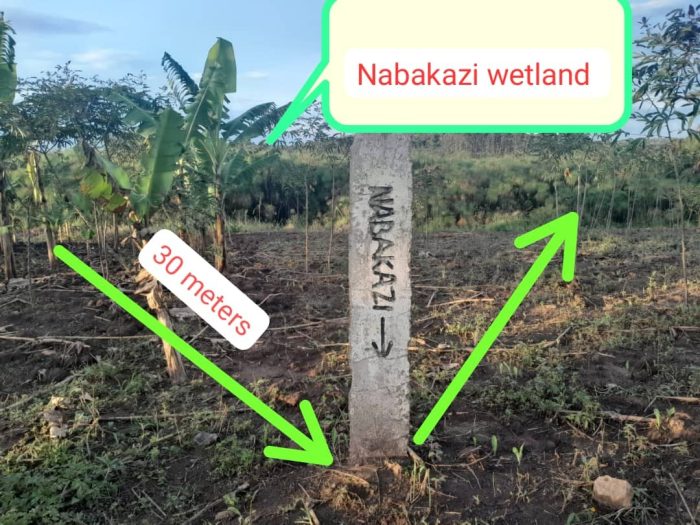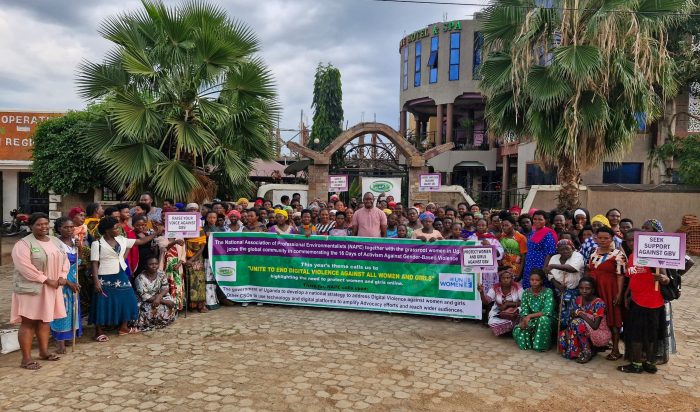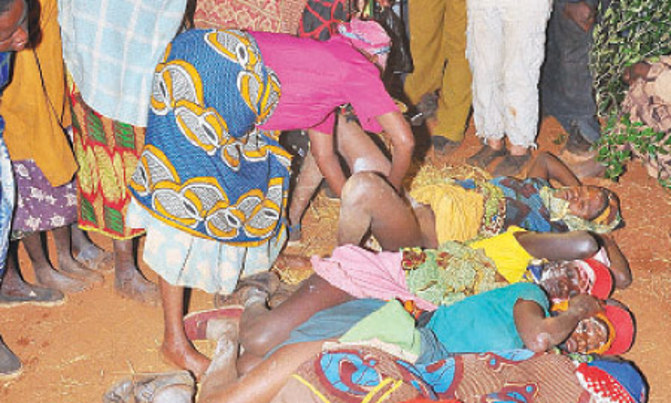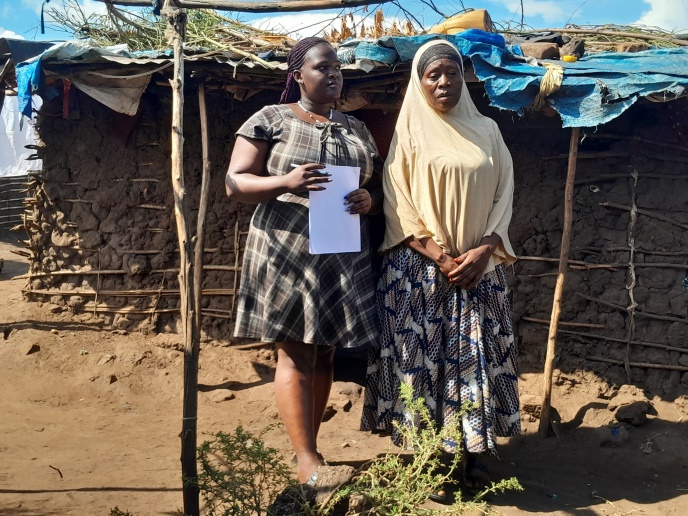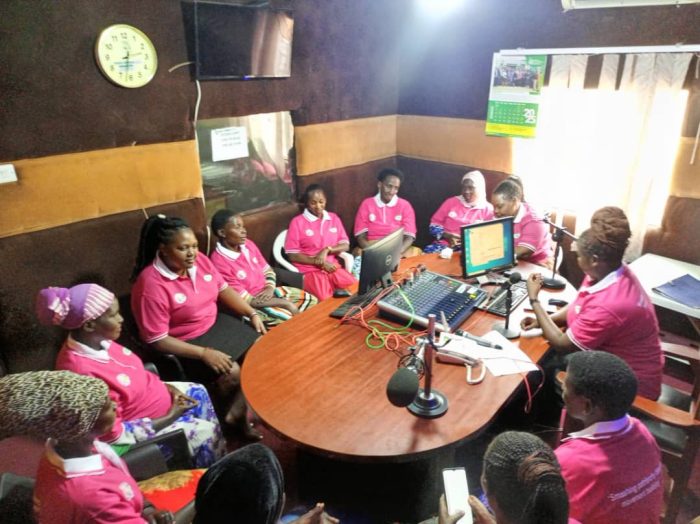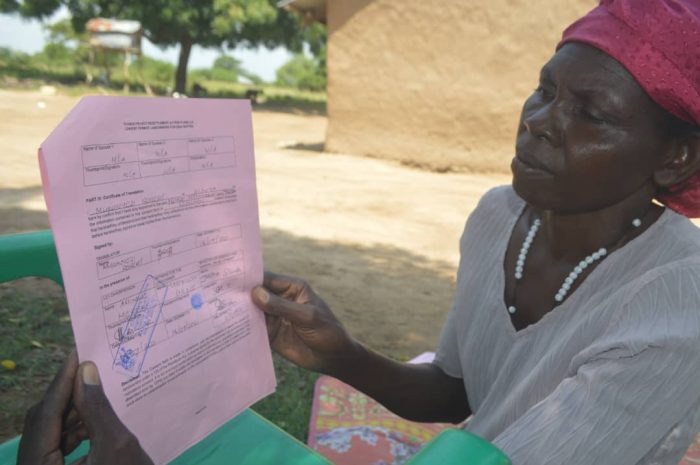
Shared Resources, Joint Solutions (SRJS) is an expanded program designed to strengthen and empower host communities in biodiversity-rich areas to effectively engage and participate in decisions around the management of natural resources so that it continue providing International Public Goods (IPDs). Such rich-biodiversity area is found in the Albertine Rift. This rich biodiversity, however, under threat by human activities and the current national development agenda.
In Uganda, the program is being implemented by the National Association of Professional Environmentalists (NAPE) and its implementing partners; Africa Institute for Energy Governance (AFIEGO), the Environmental Conservation Trust of Uganda (ECOTRUST), and the International Union for Conservation of Nature (IUCN) in the Murchison and Queen Elizabeth landscapes. The project partners have been raising community and stakeholder awareness on biodiversity conservation and strengthen community initiative to promote sustainable ecosystems and food security for the community.
Early this month, the project partners visited the Community Forest in Masindi district and Bugoma Central Forest Reserve in Hoima district respectively to see, learn and appreciate the initiatives taken by communities and different stakeholders in promoting food security, water provision and climate resilience amidst oil exploration and forest degradation challenges through sustainable land use and forest conservation. The partners also visited the Ongo Community river line forest in Budongo forest corridors in Masindi that covers 197 hectares of land and managed by Ongo Forest Community Land Association with support from ECOTRUST.
Ongo Community Forest in Masindi district has been under threat by a proposed Sugarcane project. After intensive awareness raising and advocacy activities by the project partners, the, communities from Unini, Abangi, Ogada and Kibale villages in Budongo Sub County rejected the planned sugarcane project, and have now embarked on planting trees and rehabilitating Ongo Community Forest as they grow food crops. The communities have realized that land-use change of Ongo community forest would be big threat to community food security.
The Association Chairperson, Ms. Oleru Helen while addressing the project partners said community came up with the initiative of conservation after realizing that the forest which is their source of water, rain and firewood was being cleared with the aim of changing land-use.
One of the community members, Aleru said “People would come and log trees and use our boys to ferry them, eventually firewood started becoming a problem and people especially women would cross to Budongo forest where they would be beaten. That’s when we came up with the idea of getting the solution to this and many other challenges.”
In Bugoma Forest Reserve where NAPE has been collaborating with National Forestry Authority (NFA) in carrying community and stakeholder engagement meetings aimed at crafting sustainable management solutions to the forest reserve conservation and resource harnessing, it was observed that communities adjacent to the forest are also planting trees alongside growing food crops.
The NFA manager for Budongo ecosystems, Mr. Situart Maniraguha said the communities now realize the need to protect the forest reserve and hailed NAPE for supporting them in conserving Bugoma forest ecosystem which has had parts of the forest cleare-cut for sugarcane growers and other illegal activities. He also hailed NAPE for establishing Community Green Radio, which has become a mouthpiece for environmental conservation in Bunyoro sub region.
Speaking to Community Green Radio staff, Henk Simons from IUCN- Netherlands said there is need to strongly support and strengthen communities that are engaged in sustainable land-use and forest conservation, and implementing the laws that protect forests.
The Coordinator of SRJS Program at NAPE, Rajab Bwengye, hailed the initiative of communities for actively getting involved in tree planting near the forest reserves which he said is good to for food security and increasing the acreages of forests. He said NAPE will continue supporting NFA in fighting illegal titling of land in the contested areas of the forest reserve and also building the capacity of the community association -Collaborative Forest Management groups to ensure that there is continuous sensitization.
“I am happy that communities adjacent to the forests are planting trees that grow along with food crops not sugarcane. As SRJS, this is what we advocate for because the trees in the community land will act as a buffer to the encroachers,” Rajab said.
The Programs Officer for Water and Biodiversity at IUCN-Uganda office, Evelyn Busingye called upon the government to stand up and strengthen such community-led initiatives that are protecting the forests, and help to replicate such efforts in areas where there is high rate of forest degradation.
Bugoma Forest Reserve has of recent been threatened by increasing rates of encroachment for agricultural purposes, logging of timber and politically driven projects. Political interfearance by government officials is part of the reason for forest degradation in Hoima. Early this year, the former Hoima Municipality Mayor, Francis Atugonza was claiming 239 hectares of Bugoma forest reserve belonged to the Ababyasi clan, which he belongs to. Bunyoro Kingdom is also battling a court case with NFA claiming ownership of 5777 hectares of land under Block 2 of the forest reserve in Kyangwali Sub County in Hoima district.
Compiled by Precious Natulinda
NAPE Community Green Radio

